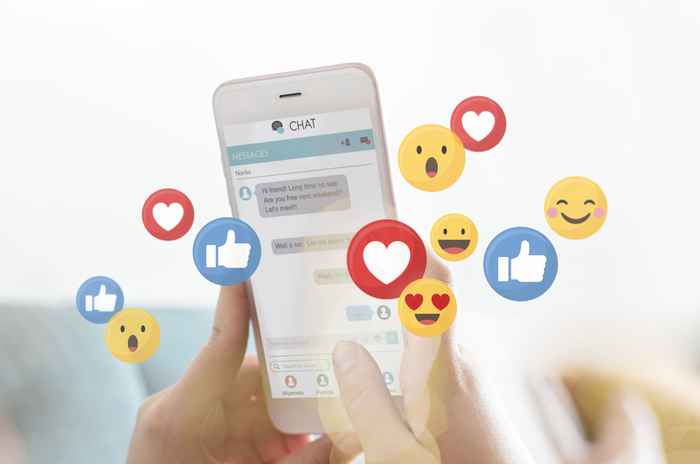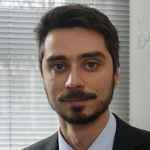Communication scientists at the UvA turn their attention to the digital society
14 May 2020

The digital society is hardly new terrain for UvA communication scientists. Some of them have been studying subjects in this field, such as algorithms and automated decision-making, for several years. 'While our Communication Science department was already ahead of the curve, this new research and education project will further intensify our expertise. We will also be transferring this knowledge to our students in the Bachelor's and Master's programmes,' says associate professor Damian Trilling. Together with associate professor Theo Araujo, Trilling is the driving force behind the Communication in the Digital Society project. This initiative studies the impact of digitisation on the way we learn, work, relax and interact with others.

We still lack a vast amount of knowledge on how humans interact with new technologies
Why is it so important that communication scientists focus on the digital society in particular?
Araujo: 'The new digital developments are giving rise to a huge number of societal questions and debates. For example, the current COVID-19 crisis is raising numerous questions about the impact of intensified use of communication technologies, the dissemination of misinformation, the role of technology-driven solutions, surveillance etc. These discussions often end up focusing on one single aspect, like the privacy discussions surrounding digital assistants like Google Assistant and Alexa. However, we still lack a vast amount of knowledge on how humans interact with new technologies. For example, what information do people use them for, and what are the precursors to trust and adequate use?'
Trilling adds: 'Both sides of the debate are making claims and stating opinions, but actual knowledge is missing. It is up to us to generate that knowledge.'
Right now is the best time to make sure decisions are based on knowledge.
What kind of claims are being made?
Trilling: 'Right now is the best time to make sure decisions are based on knowledge.'Why does this require a new research and education project? Why not simply make use of traditional research methods to study the effects of the digital society?
Araujo: 'The objective of this initiative is to consolidate, expand and accelerate research and teaching in relation to the digital society. To that end, we will be mapping various phenomena of the digital society carefully in both research and teaching. Traditional methods will continue to play a very important role, of course. For example, the four innovative PhD projects launched as part of this initiative will make use of questionnaires, interviews and experiments. These methods, which will remain crucial to the formulation of theories, will be combined with computational methods.'
Trilling adds: 'It is also important that communication scientists learn more about the technology behind digital media – for example, how do algorithms work? In this context, having some knowledge of coding and understanding the mindset of a programmer can be very useful. You could even say that communication scientists themselves need to digitise.'
In September, four Communication Science PhD candidates will start their research into various aspects of the digital society, such as issue publics (groups of users with a shared interest in a specific subject), virtual assistants and families, surveillance and algorithmic bias. A new digital society minor track for the Communication Science Bachelor's programme is being developed as well, together with new research and teaching initiatives.